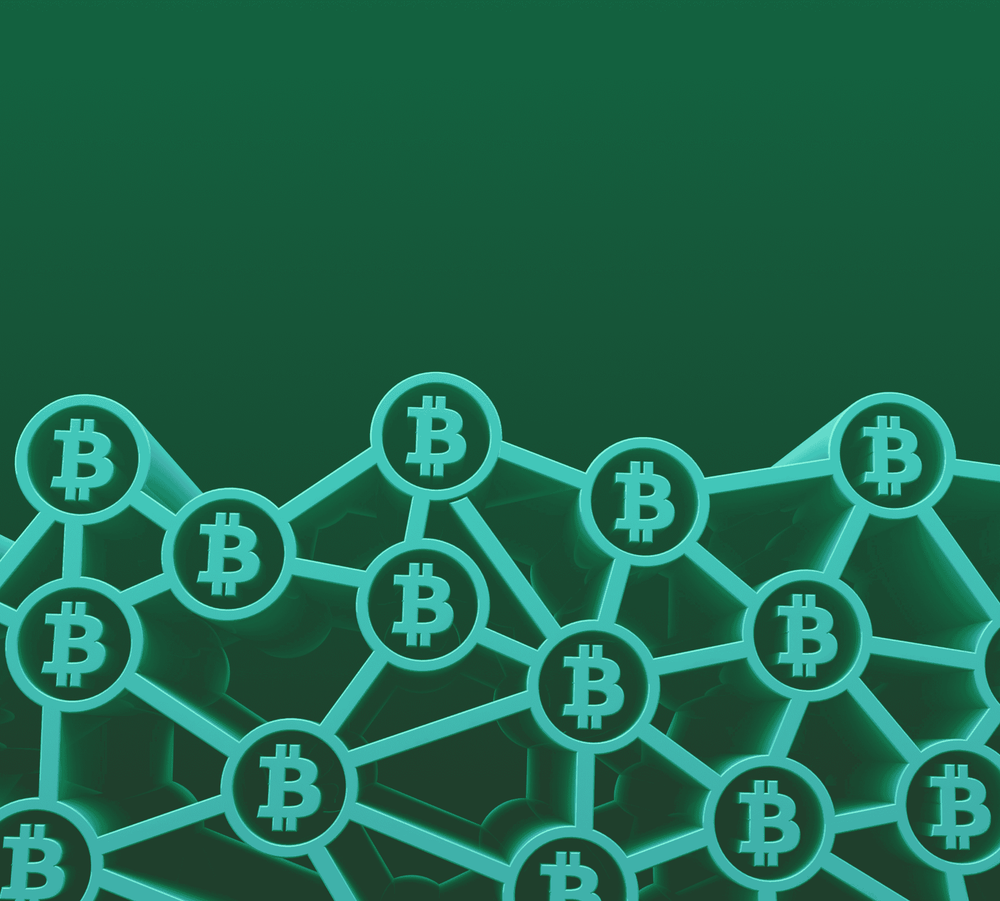Decentralization is a concept that is revolutionizing finance, technology, and governance. From cryptocurrencies to blockchain networks and the internet itself, decentralization removes intermediaries and gives power back to individuals. But what does it really mean? Who were its pioneers? And how does it affect our daily lives? This blog will explain decentralization from its origins to its real-world applications.

We live in a world where control over money, data, and decision-making is often concentrated in the hands of a few entities—banks, governments, and corporations. However, decentralization aims to change this by redistributing power among individuals and communities. But what exactly is decentralization, and why does it matter?
At its core, decentralization means removing the need for a central authority to control or validate a system. Instead, power is distributed among multiple participants who operate independently, creating a more open and transparent network.
Decentralization can be classified into three main types:
For example, in traditional banking, all transactions go through financial institutions that verify and approve payments. In contrast, decentralized cryptocurrencies like Bitcoin allow transactions to occur directly between users without a central authority.
Decentralization didn’t start with Bitcoin. Many visionaries contributed to its development:
These pioneers paved the way for decentralized technologies that are now transforming finance, communication, and governance.
Decentralization isn’t just about money. It’s a concept applied in many fields:
Decentralization offers multiple benefits:
However, decentralization also presents challenges, such as scalability issues and regulatory concerns. Governments and institutions are still debating how to balance decentralization with security and compliance.
Decentralization is shaping the future, offering alternatives to traditional financial and governance systems. From cryptocurrencies to the decentralized web and public administration, this concept empowers individuals, fosters transparency, and creates a more open digital world.
As adoption grows, understanding decentralization will be key to navigating this new landscape. Are you ready for the future of decentralized systems?
Stay updated with the latest news, tips, and exclusive information